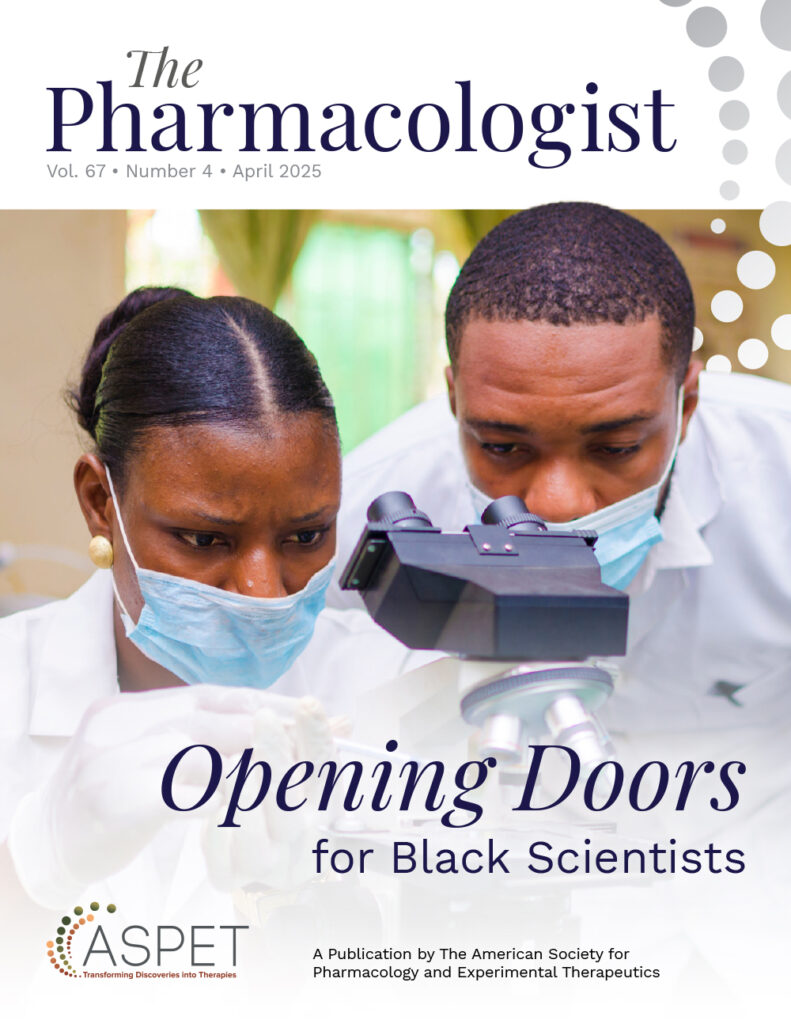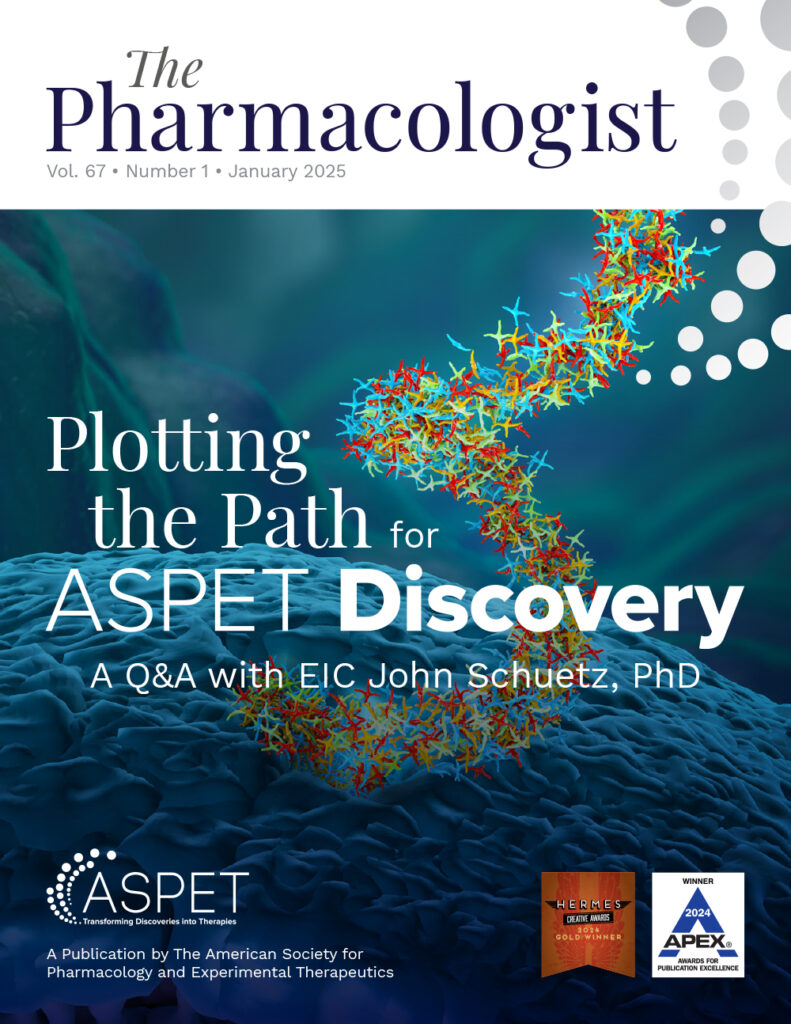A Conversation with ASPET’s Division for Molecular Pharmacology Chair Michelle Kimple, PhD
Gary Rankin, PhD Named to Health Care Hall of Fame, ASPET Welcomes New Members
Honoring ASPET members who have passed.
ASPET’s Washington Fellows Program has been educating over 130 early-career pharmacologists since its inception in 2013. The Society’s science policy advocacy program offers early-career pharmacologists the opportunity to immerse themselves in a unique policy learning experience. Regardless of one’s career background, pharmacology fellows learn the basics of science advocacy, participate in Hill Day on Capitol Hill in Washington, D.C. and write a policy brief focusing on a topic of interest.
A showcase of early-career scientists—what drives them and why pharmacology is important to them.
The Publications Committee thanks these new editorial board members and all ASPET board members for their service and dedication to the Society’s journals.
In honor of Black History Month, The Pharmacologist is highlighting the journey of Dionna Williams, PhD, Associate Professor at Emory University. Dr. Williams was one of two professors at Emory to recently receive the Presidential Early Career Award, the U.S. government’s highest honor for early-career scientists. She joined ASPET in 2022 and is a member of the Division for Drug Metabolism and Disposition.
February 1, 2025, marked my 3-year anniversary as the Executive Officer of ASPET.
It has been both a privilege and a pleasure to serve in this role for the Society. While three years is a relatively small period to lead a scientific society that was founded in 1908, it’s also striking to me just how much has changed at ASPET during that time.
A Conversation with ASPET’s NYSPET Founding President
Saurabh Agarwal, PhD








